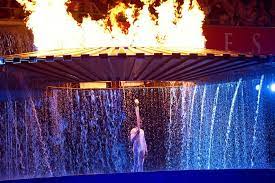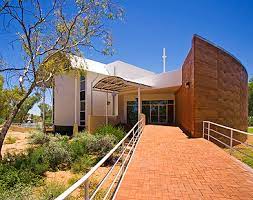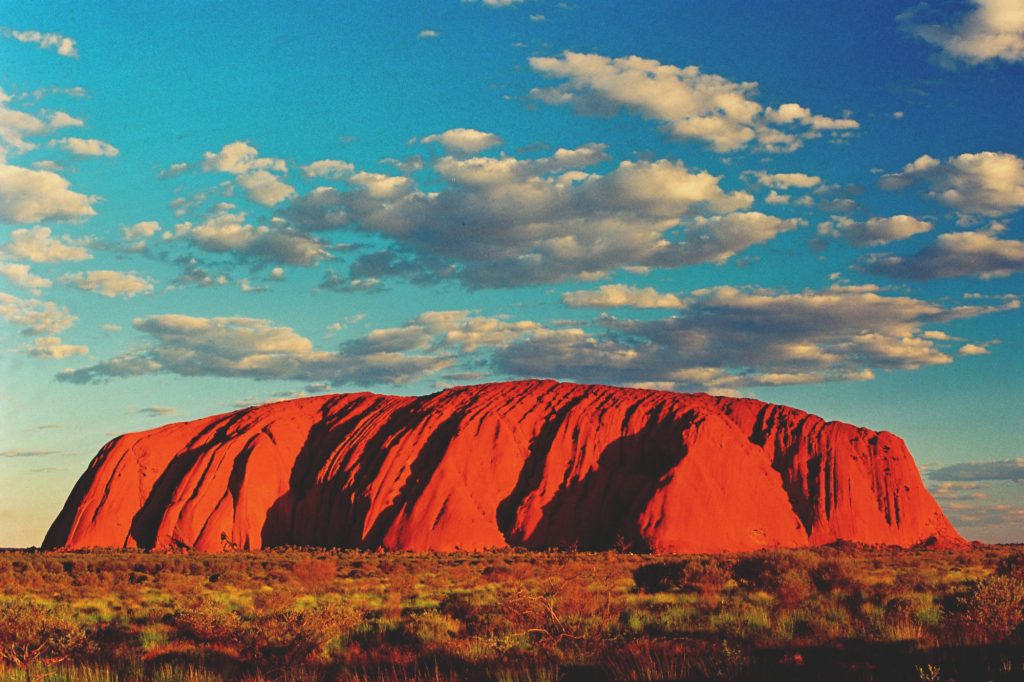Australasian Special Events Celebrates 20 Years of Chronicling Live Events


Professor Joe Goldblatt
In 1996 the people of Australia were jubilant over having won the right to host the 2000 Summer Olympic Games in Sydney. Legacy volunteers from the Melbourne Summer Olympic Games of 1956 were particularly nostalgic as they anticipated the privilege of once again serving their country through this mega sports event. I met many of these veterans at a training session held in Sydney’s largest conference centre when I was serving as a keynote speaker for a programme sponsored by the University of Technology Sydney entitled Events Beyond 2000: Setting the Agenda.
This journey down under was my first of four subsequent visits to the modern nation know to the world as Oz. It was also my first visit in the southern hemishphere and when the door of the airplane finally opened following an 18 hour flight, I drew a deep breath. I immediately noticed that the air was thinner and fresher that I was used to and suddenly became slightly dizzy from both the atmosphere and also my excitement about exploring this remarkable nation that was only founded 99 years earlier.
This year Australasia celebrates a special milestone as it marks 20 years of continuous publication of the highly rated, much awarded and well respected publication entitled Australasia Special Events. Its founder and editor in chief Trevor Connor has chronicled the evolution of the modern special events industry in Australia and throughout the southern hemsphere with great creativity and disciplined objectivity.
In 1989, the first text book in the field of special events management was published by John Wiley & Sons Inc. Eleven years later I travelled to Australia to continue his research for the second edition of this, my first text book, that has now been continuously published for thirty years in eight different editions.
My inaugural visit to Australia was limited to Sydney, however, it was momentous in that I was attending an academic and professional conference with leaders from throughout Australia. Twenty – one years later, many of these pioneering researchers and professional event producers are among my closest friends.
The conference focus was upon looking back at the development of the young field of study known as special events and looking forward to identify what research, skills, study, degrees, and other qualifications would be needed to further solidify and help this relatively new profession gain greater respect and long term stability.
My keynote address was focused on A Future for Event Management: The Analysis of Major Trends Impacting the Emerging Profession and I used well established macro trends to forecast the future developments in our profession. As I look back at this paper I must say I am still disappointed that we have, despite landing on Mars, not made contact with other planets to co – host events. However, I am delighted that my forecast upon a strong focus upon environmentally sustainable events would gain importance has indeed occurred. This paper, although based upon emprical research available at the time, seems to me somewhat naive given the current context of a twenty – first century global pandemic. https://opus.lib.uts.edu.au/handle/2100/430
When I attended the training programme for 50,000 Sydney Olympic Games volunteers I was impressed with the military style precision and the Hollywood magic that the organisers managed to combine seemlessly. I witnessed thousands of volunteers of all ages standing and cheering legendary Australian Olympians, viewing detailed training videos on large screens and then upon departure being handed a VHS Cassette (remember this was 2000) so that they could continue their training at home. The entire programme was very effectively designed by Australia’s Technical and Further Education (TAFE) academic professionals.
The same year that this landmark conference took place would also see the return of the Olympic Games to Australia. This country, due to its remote geographical location, has always focused upon major events, especially in the field of sports, to drive event tourism to their destination. The Sydney Olympic Games would be the opportunity of a lifetime for my Aussie friends to firmly position their country as the leading events destination in the world. At the time of this event, the President of the International Olympic Committee announced that Sydney had presented “The best games in the world.”

Following this journey, a few years later, I returned to Australia to speak at another conference and this time I decided to expand my stay through a visit to Alice Springs, Australia which is in a remote region known as the red centre. I selected Alice Springs because it was the home of the Strehlow Institute where I could conduct indepth research on the rituals, customs, celebrations and yes magic and mystery as practiced by Australia’s indigenous people.
Because of the sensitivity of the rights and privileges of Australia’s aboriginal people I was only allowed to enter and conduct research in the Strehlow Institute after careful consideration of my qualifications and the approval of the purpose of my visit. When I arrived, the director welcomed me and led me through the small building and showed me the catalogue listing all of the precious artifacts that could be viewed. I selected several items that I thought would advance my research in trying to better understand the universality of human celebration. One of the drawers that I asked be opened was denied to me because, as the director solemnly expalined “Only an aboriginal elder may open this drawer. It is considered too dangerous for others.” I still have no idea what was in that drawer, however, I recall withdrawing very quickly to another area of the building to continue my research.

Following my work in Alice Springs I boarded a tour bus to visit Uluru which is one of the most sacred sites of the aboriginal people. I travelled for over seven hours on a coach through barrent desert with only one stop at a typical road house where we enjoyed local refreshment. When Uluru first rose up as a giant buring red monolith I noticed there was a sudden silence upon the coach. Every single soul at that moment knew that we had indeed been transported to a different planet and the next few hours would be transformative. From this journey I learned that a major part of the ceremonies and rituals that the indigenous people of Australia conduct actually orginate organically from their ancient sacred lands.
My third visit to Australia brought me to the business centre of this country which is Melbourne. Unlike Sydney, Melbourne is a industrial working engine for the country where Sydney is primarily a tourist destination. Unsurprisingly, Melbourne and Sydney are strong rivals for the attraction of live events.
My next visit was a return to Sydney for the International Special Events Society Conference for Professional Development (CPD). I was the founding president for this organisation and we were conducting our first ever international meeting. This journey was in 2001 and there was much concern, following the tragic events of September 11, as to whether the event would go ahead. However, the Australians were adamant that we as event leaders must use this event to show the world that special events were integral to human life and therefore, we must gather for the purpose of celebration and learning. And gather we did with amazing social events that even included a Regatta competition in Sydney Harbour in which my wife and I were part of a team competiting against the highly competitive Australian event professionals. We lost. However, we won the privilege of a memory of racing past the Sydney Opera House at sunset with the warm mist of sea water upon our faces.
My final adventure in Australia was the most difficult. I had been invited to address a conference and the date conflicted with the opening of my University semester. As I was a newly apppointed Dean of the University, I needed to return immediately to welcome the new students and orient the staff. My total tourney time to Australia was 48 hours including two 18 hour flights. It took me months to recover from that journey.
I have never recovered and nor do I wish to from all the many positive lessons I have learned through the pages of Austalasia Special Events and from my much admired and highly respect Austalasia event academic leaders and award winning professionals. Here are three reasons why I shall long admire these remarkable event makers.
Firstly, there is a naturally cultivated ambition, competition and enthusiasm present within the Australian soul that results in the design and production of some of the most ground breakingly imaginative events in the history of this field.
Second, there is a respect for the land and the history and heritage of Australia that is celebrated annually (although not without controversy) with Australia Day. This respect grounds all of their events within a strong foundational approach that results in enormous pride being exhibited during the delivery of their world class events.
Third and finally, the Australian event makers incorporate research and education to underpin the development of their events culture and industry. Australia is the country that first identified the Triple Bottom Line theory for event sustainability through their ground breaking measurement of economic, social and environmental impacts. This is just one example of the many inventions and professional practices that they have contributed to the rapid global development of live events.
Therefore, I sincerely congratulate Trevor Connell and the event makers of Australia as they proudly celebrate 20 years of chronicling their successes as well as their challenges within the thousands of pages of Australasian Special Events. I have every confidence that the legacy volunteers of the Melbourne 1956 Summer Olympic Games would agree with me that the magic and mystery that was gifted by Australia’s indigenous people will be continued by their future event makers as they continue to lead the world in the design, delivery and evaluation of world class live events.
